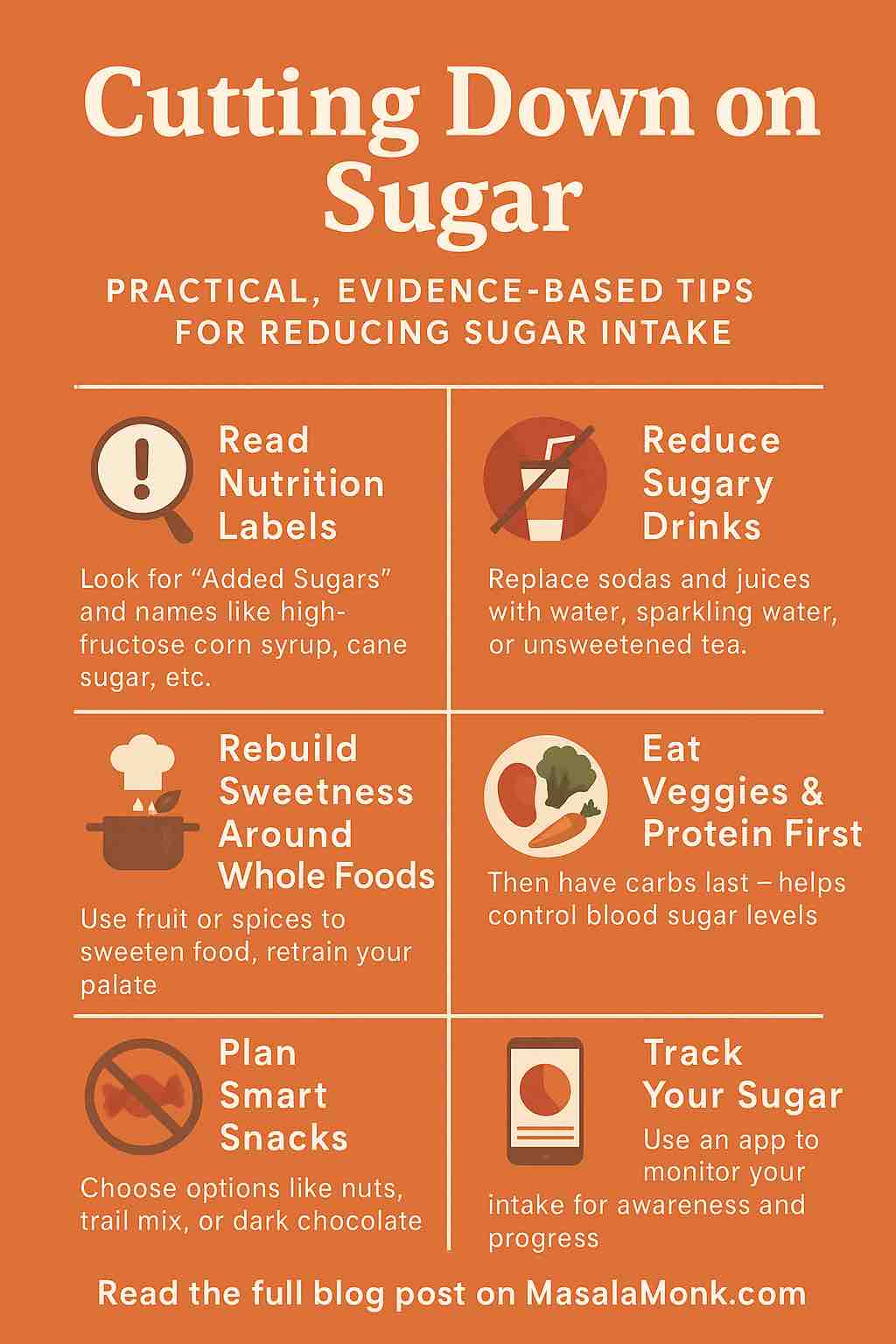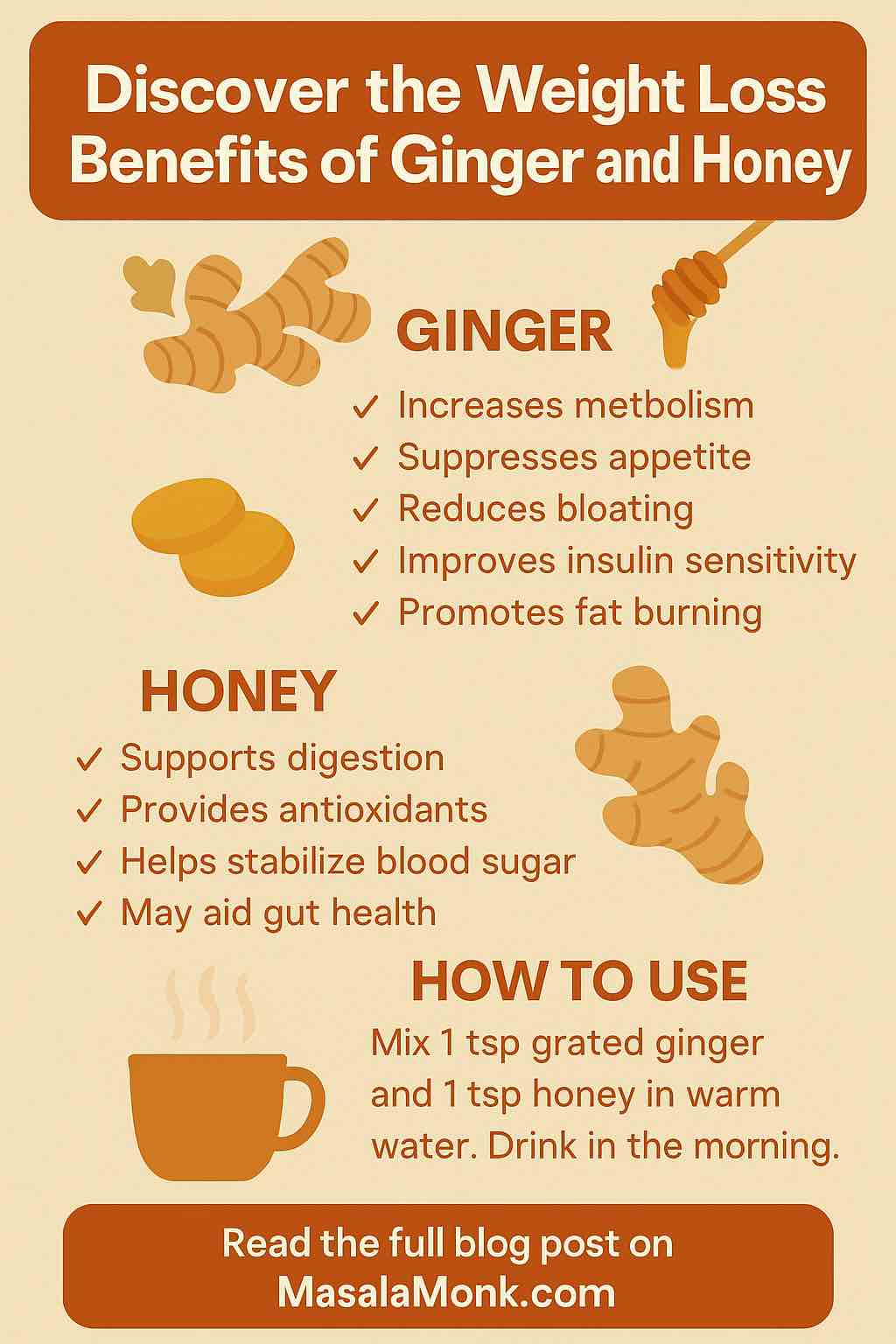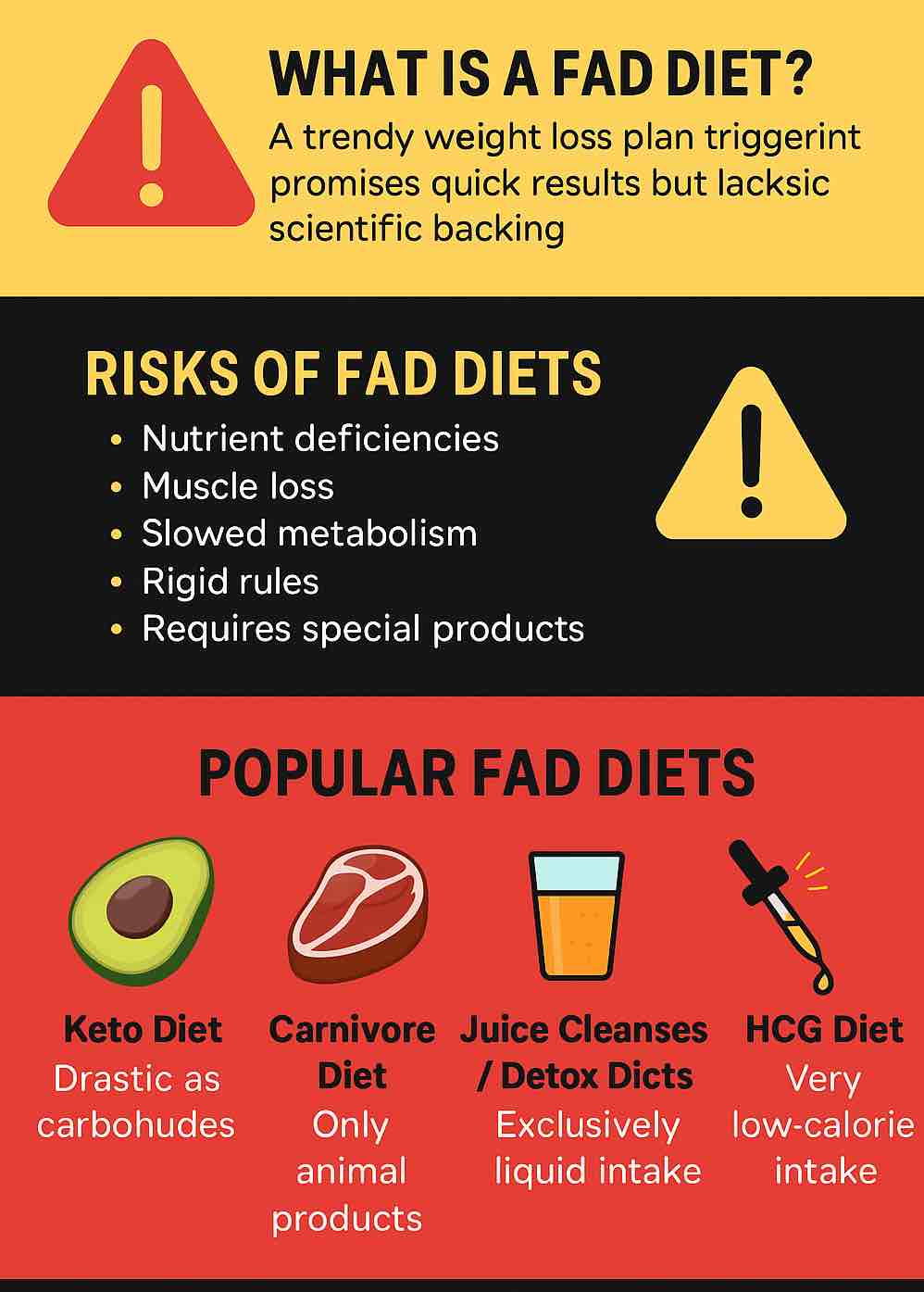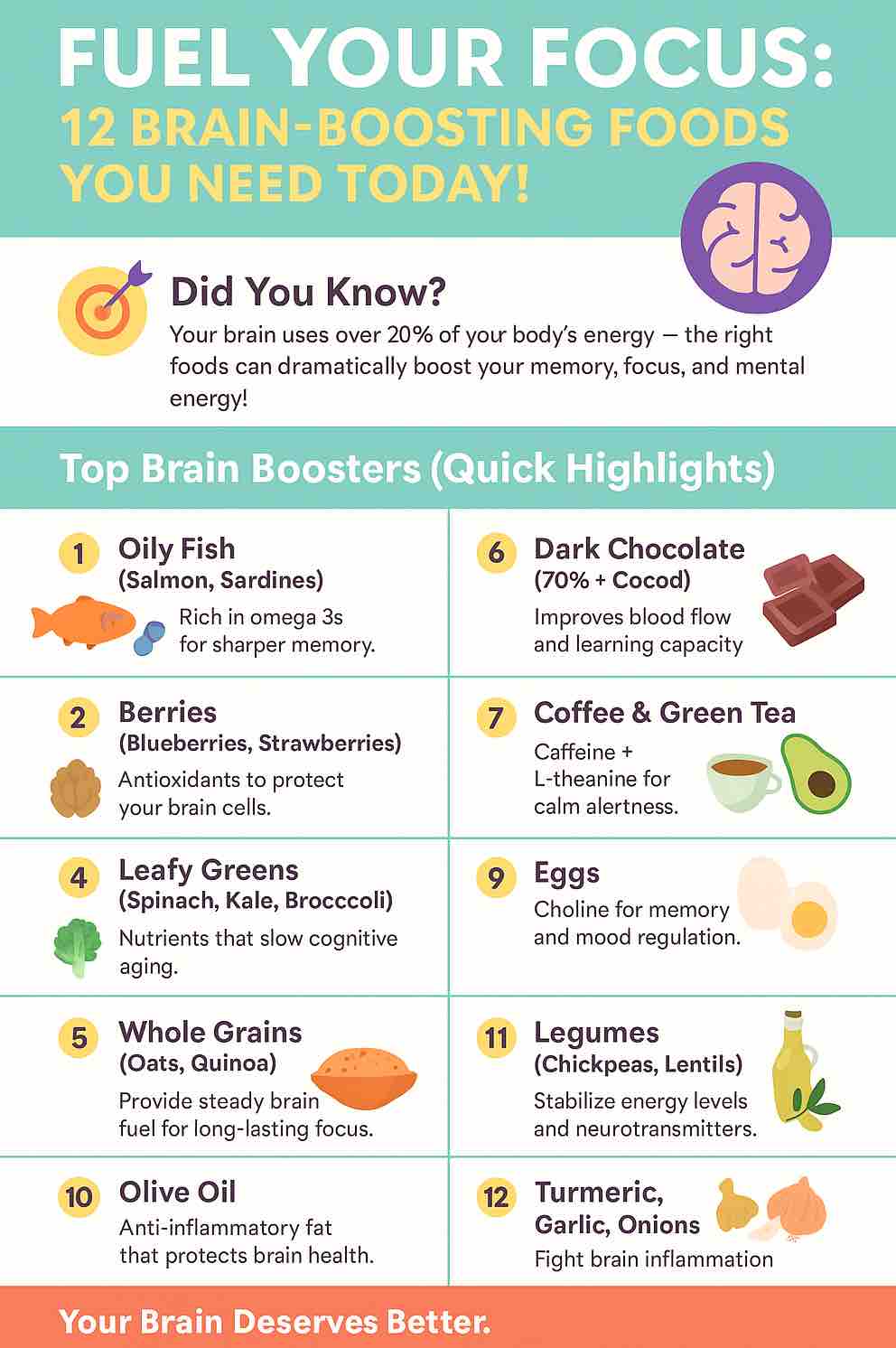
“Sugar is sweet—but too much can sour your health.”
In today’s world, reducing sugar isn’t just about willpower—it’s about strategy, awareness, and smarter choices. This isn’t a call to cut sugar cold turkey, but rather a guide to eating less sugar in a realistic, sustainable way, based on the latest research and practical tips.
🍬 Why Cut Down on Sugar?
Added sugars—especially in beverages and ultra-processed foods—are a major driver of preventable disease. They contribute to:
- Obesity and weight gain
- Type 2 diabetes and insulin resistance
- Cardiovascular disease
- Liver dysfunction
- Mood disorders, anxiety, and fatigue
- Dental problems
📊 The Stats Don’t Lie:
- Over 2.2 million diabetes cases and 1.2 million cardiovascular disease cases are attributed annually to sugary drinks alone (Tufts University, 2025).
- People exposed to sugar restrictions in early childhood develop less hypertension and diabetes and live healthier for longer (Science, 2024).
🧭 Step-by-Step: How to Cut Sugar Practically
✅ 1. Know Where Sugar Hides
The first step to cutting down sugar is knowing where it lives. It’s not just in candy or soda.
🕵️♂️ Hidden Sources of Added Sugar:
- Granola, breakfast cereals
- Yogurt (especially fruit-flavored)
- Sauces and dressings (e.g. ketchup, BBQ sauce)
- Bread and crackers
- “Healthy” snacks: protein bars, energy bites
🔎 Action Tip: Read nutrition labels carefully. Look for “added sugars” and scan ingredient lists for:
High-fructose corn syrup, cane juice, dextrose, maltose, agave, rice syrup, molasses.
✅ 2. Tackle Sugary Drinks First
Liquid sugar is absorbed faster, spikes blood glucose harder, and does more damage per gram than solid sugar.
❌ Worst Offenders:
- Sodas, fruit juices, energy drinks
- Sweetened coffee, tea
- “Vitamin” waters or sports drinks
✔️ Better Swaps:
| Instead of… | Try this… |
|---|---|
| Cola | Sparkling water with lime |
| Bottled iced tea | Brew your own unsweetened tea |
| Flavored latte | Black coffee with cinnamon or nutmeg |
| Fruit juice | Whole fruit with water on the side |
🔁 Gradual reduction is better than going cold turkey—start with 50/50 juice + water blends.
✅ 3. Rebuild Sweetness Around Whole Foods
You don’t need to give up sweet flavors. You just need better sources.
🍌 Naturally Sweet Ideas:
- Oatmeal with mashed banana and cinnamon
- Greek yogurt with berries and a drizzle of honey
- Baked goods with applesauce or dates as sweetener
📉 Over time, your palate recalibrates—you’ll crave less sugar naturally.
✅ 4. Master the Art of “Meal Sequencing”
A 2025 study found that eating fiber and protein before carbs can reduce blood sugar spikes by up to 50%.
🥗 The Sequence:
- Vegetables (e.g., salad or cooked greens)
- Protein + healthy fat (chicken, eggs, beans, nuts)
- Carbs last (rice, pasta, bread, fruit)
This small habit makes a big metabolic difference.
✅ 5. Get Smart with Snacks
Constant snacking—especially on sweetened options—keeps insulin high and cravings alive.
🥜 Better Snacking Choices:
- Nuts or trail mix (unsweetened)
- Hard-boiled eggs
- Hummus + veggie sticks
- Dark chocolate (70%+ cocoa)
📅 Tip: Pre-plan snacks at the beginning of the week and don’t shop hungry.
🧠 The Psychology of Sugar: Break the Craving Loop
Sugar gives a quick dopamine hit, which leads to a cycle of reward-seeking and crash. Here’s how to break it:
💡 Practical Mindset Tips:
- Don’t deprive—replace. Focus on what you can eat, not just what you’re cutting out.
- Delay the craving: Set a 10-minute timer when a craving hits. Often, it fades.
- Distract & hydrate: Thirst can masquerade as hunger. Drink water or herbal tea.
📱 Tools & Apps to Help
Tracking sugar helps build awareness. Here are apps to consider:
| App | What it does |
|---|---|
| MyFitnessPal | Tracks total and added sugars |
| Yazio | Clean interface, sugar tracking + goals |
| Senza | Great for low-carb or keto lifestyles |
| Glucose Goddess hacks | Meal sequencing & glucose flattening tips |
🛡️ What About Sugar Substitutes?
Not all sweeteners are created equal.
⚖️ Smart Choices (in moderation):
- Stevia, monk fruit, erythritol – low or no impact on blood sugar
- Allulose – naturally occurring, low-calorie sugar mimic
🚫 Watch Out:
- Artificial sweeteners (aspartame, saccharin) may disrupt gut microbiota
- Some may maintain sweet cravings even without calories
🏛️ Beyond the Plate: Policies Shaping Sugar Reduction
Public health is catching up.
- SNAP program updates (2025): Some states now restrict soda purchases via food assistance.
- SSB taxes: Over 40 countries and cities have implemented taxes—consumption falls by 10–20% where enforced.
- Food labeling laws: Added sugars now clearly listed in many countries, empowering consumers.
🔚 Final Thoughts: Progress Over Perfection
Cutting sugar isn’t about quitting dessert forever or obsessing over labels. It’s about:
- Making smarter swaps
- Understanding your triggers
- Creating sustainable systems that support your goals
Even small reductions—one less soda per day, half as much sugar in your coffee, or reading one more label—compound over time.
✅ Quick Recap: Sugar Reduction Checklist
✔ Scan ingredient lists for added sugars
✔ Replace sugary drinks with flavored water or tea
✔ Use fruit and spices to naturally sweeten food
✔ Eat veggies/protein before carbs
✔ Prepare healthy snacks ahead of time
✔ Track your sugar intake using an app
✔ Gradually reset your palate
How These Strategies Work Together
| Strategy | Evidence | Impact |
|---|---|---|
| Cut sugary drinks | Systematic reviews (SSBs → weight/BMI), soda swaps → ~20% mortality risk reduction | Lower calorie intake, reduced glucose spikes |
| Meal sequencing | Expert-endorsed, small trials | Smoother glycemic control |
| Substitutes & label use | AHA/Health orgs endorse low-cal sweeteners, replacements like applesauce | Gradual taste adaptation, less added sugar |
| Policy measures | Taxes & campaigns show measurable intake drops | Broad public health benefit |
🔍 FAQs on Cutting Down Sugar
1. How much sugar is considered “too much”?
According to the World Health Organization and American Heart Association:
- Men: No more than 36g (9 teaspoons) of added sugar per day
- Women: No more than 25g (6 teaspoons)
That’s about 5–10% of your daily calories from added sugars.
2. Is natural sugar in fruit bad for you?
No. Whole fruits contain fiber, water, vitamins, and antioxidants that slow sugar absorption and provide essential nutrients. Fruit juice, however, should be limited as it removes fiber and concentrates sugar.
3. Do I have to give up desserts completely?
Not at all. You can enjoy desserts in moderation or recreate them using healthier ingredients, like using dates, bananas, or applesauce for sweetness. Portion control and frequency are key.
4. What are the best sugar substitutes?
The most recommended are:
- Stevia and monk fruit (plant-based, no calories)
- Erythritol and allulose (low-calorie sugar alcohols)
Avoid overuse of artificial sweeteners like aspartame or sucralose if you’re sensitive to them.
5. How can I tell if a food has added sugar?
Check the “Added Sugars” line on the Nutrition Facts label. Also scan the ingredient list for words like:
- Corn syrup, cane juice, maltose, dextrose, agave, molasses.
6. Why are sugary drinks worse than sugary foods?
Liquid sugar is absorbed more quickly, leading to rapid blood sugar spikes, insulin surges, and fat storage. It’s also less satiating, so it adds calories without reducing hunger.
7. Will cutting sugar help me lose weight?
Yes—especially if you cut liquid sugar and processed snacks. This reduces empty calorie intake and improves insulin sensitivity, making it easier for your body to burn fat.
8. How long does it take to reduce sugar cravings?
Most people see reduced cravings within 7–14 days. Your taste buds adapt over time, and whole foods begin to taste sweeter naturally.
9. What should I eat when I crave sugar?
Try:
- Fruit (like apple slices with peanut butter)
- Nuts
- Dark chocolate (70%+)
- A glass of water and a walk—sometimes cravings stem from boredom or dehydration.
10. Is “zero sugar” the same as healthy?
Not always. “Zero sugar” products can contain artificial sweeteners, additives, or unhealthy fats. Always check the full nutrition label—not just marketing claims.













